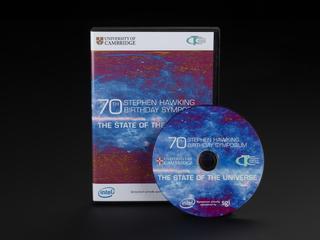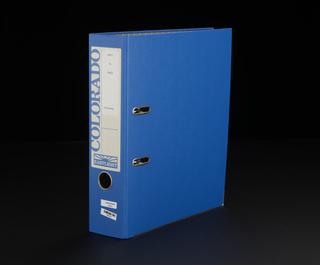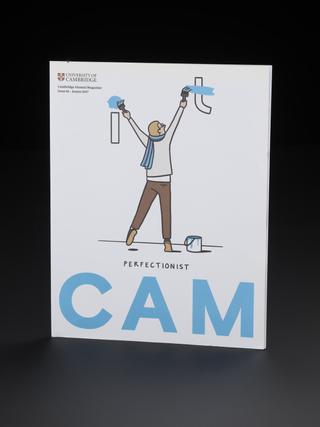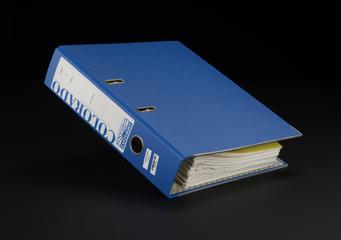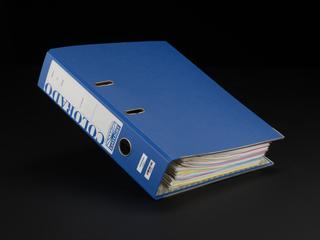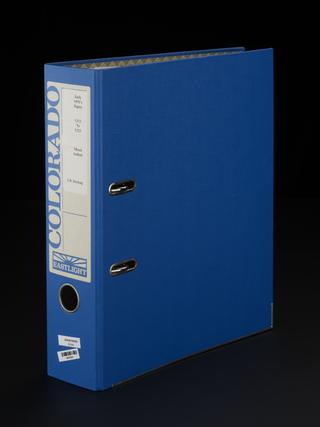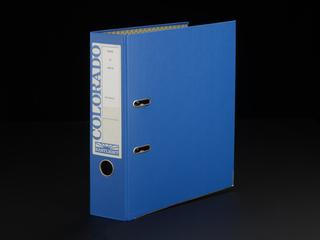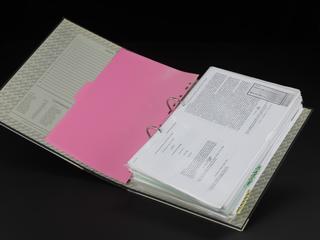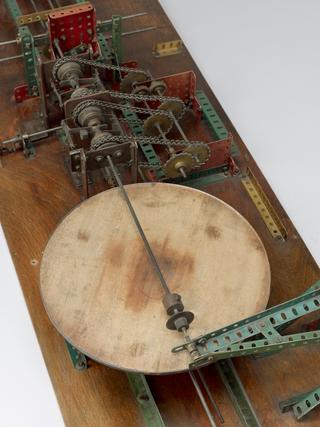
University of Cambridge
1209 - scholars taking refuge from hostile townsmen in Oxford migrated to Cambridge and settled there. 1226 - the scholars were numerous enough to have set up an organisation, represented by an official called a Chancellor. 1231 - King Henry III took the scholars under his protection and arranged for them to be sheltered from exploitation by their landlords. 1284 - the earliest College, St Peter's or 'Peterhouse', founded by Hugh Balsham, Bishop of Ely. 1317 - King's Hall founded by Edward II, to provide recruits to the higher civil service. 1381 - attacks on university property by townspeople, believed to be partly due to the Crown's protection. 1534 - a Royal charter gave to the University the power to name (or license) three printers (stationers) who were to print and publish works which it approved. 1536 - Henry VIII issued a series of injunctions to the University suppressing the Faculty of Canon Law and forbidding the study of scholastic philosophy. 1584 - regular publication began under the University's privilege. 1762 - the University's first Botanic Garden is endowed by Richard Walker of Trinity. 1827 - the first Cambridge Oxford inter-university boat race. 1839 - the boat race became an annual event. 1847 - Prince Albert the Prince Consort elected Chancellor. 1851 - the Disney Professorship of archaeology created, followed by others in order to develop new branches of learning. 1855 - England's oldest University playhouse, the ADC, opened by the Amateur Dramatic Club and subsequently leased by the University . 1869 - establishment of Girton, the first college for women students. 1882 - the General Board of the Faculties began, responsible for curriculum and the content of examinations. 1919 - following financial difficulties as a result of the First World War, the university first received systematic state support. 1947 - women students admitted to full membership of the university. 1951 - Cambridge chartered as a city.

